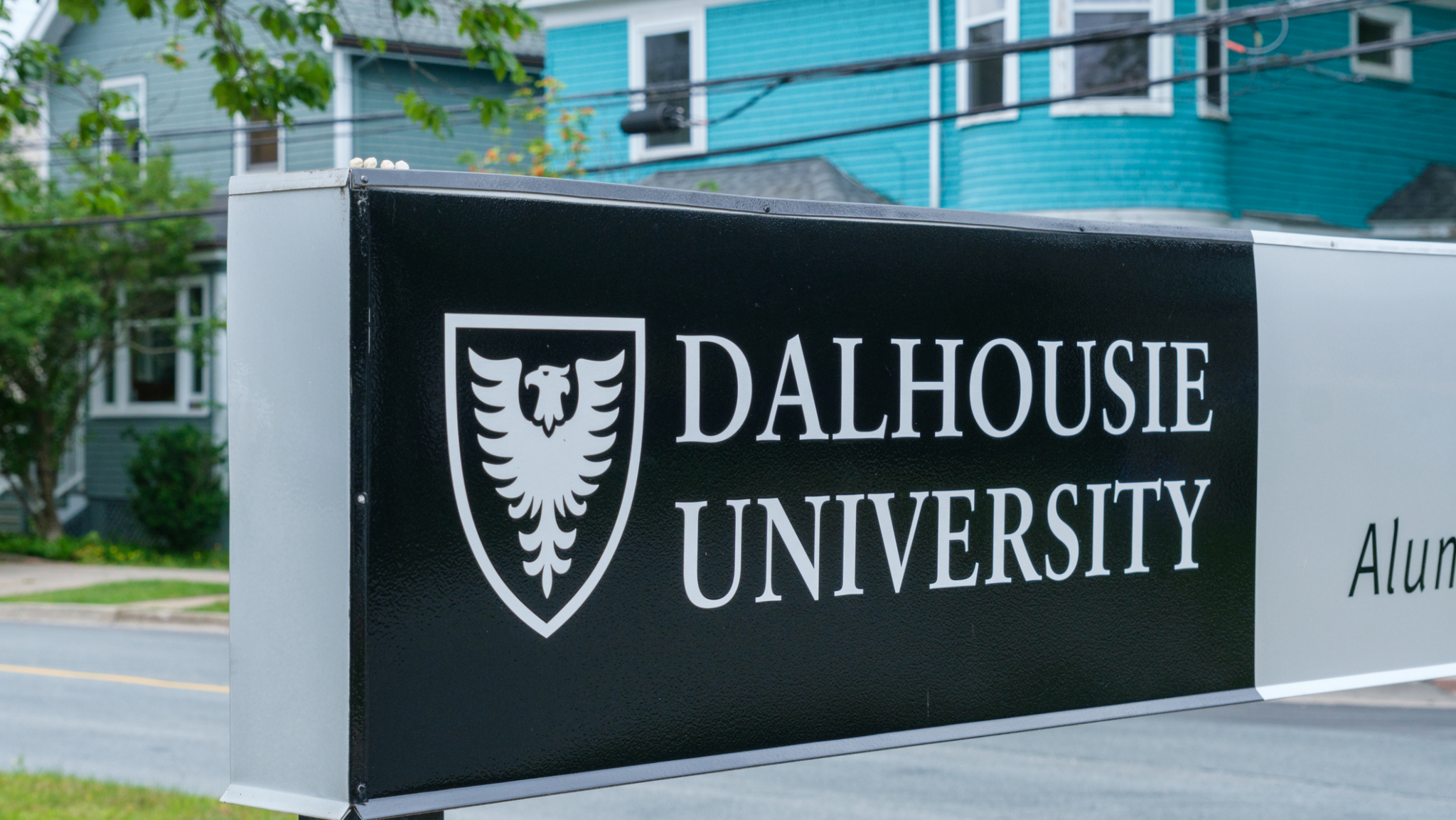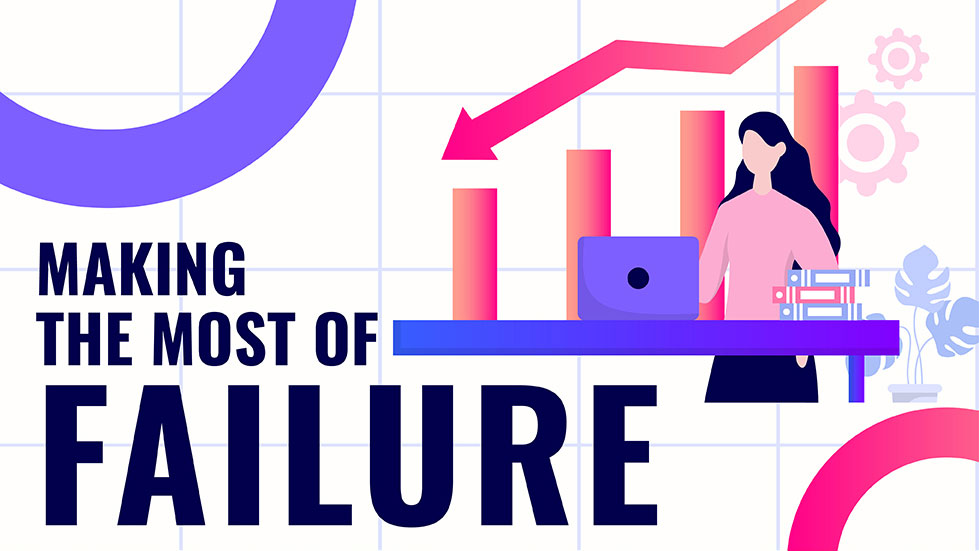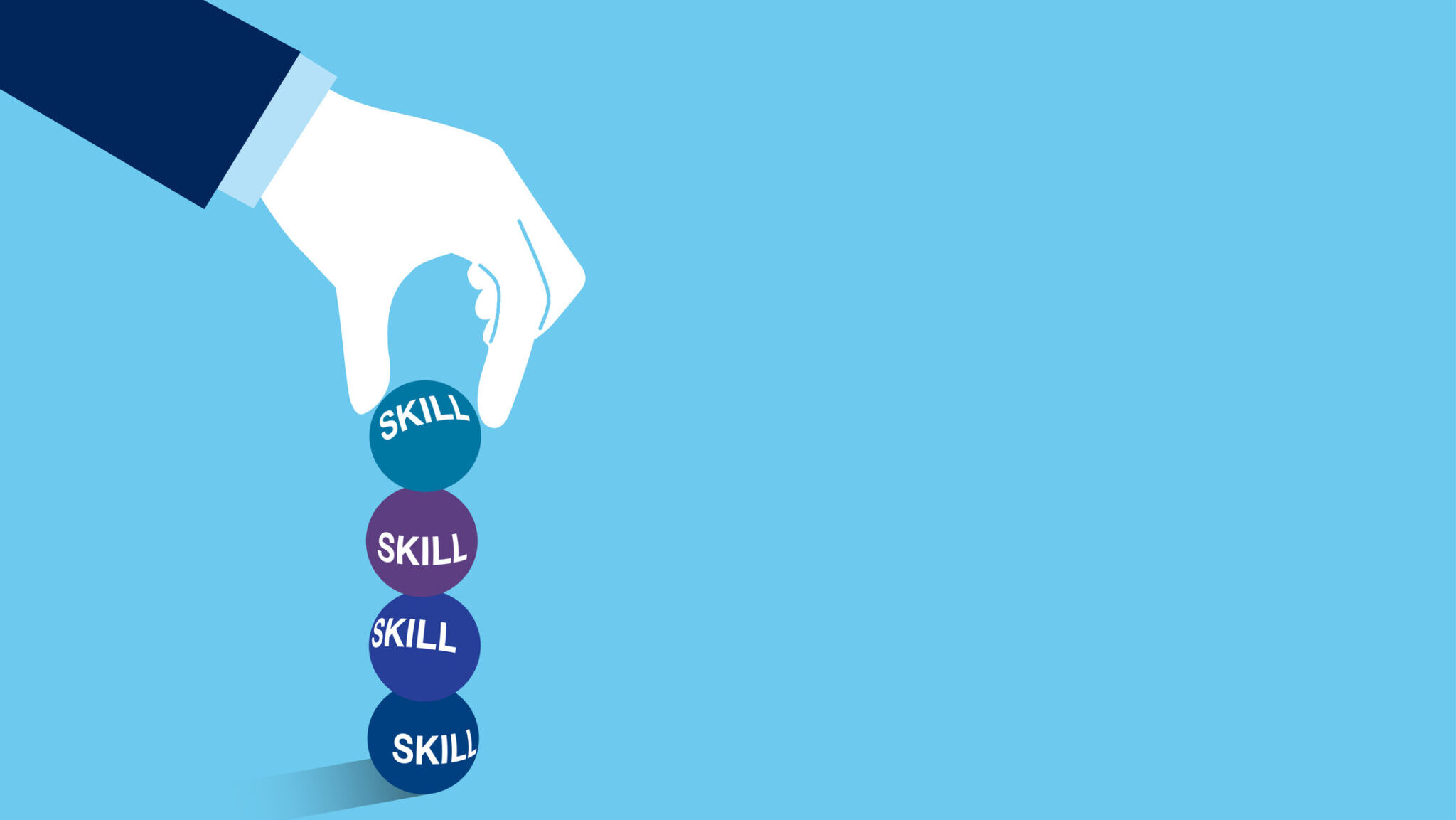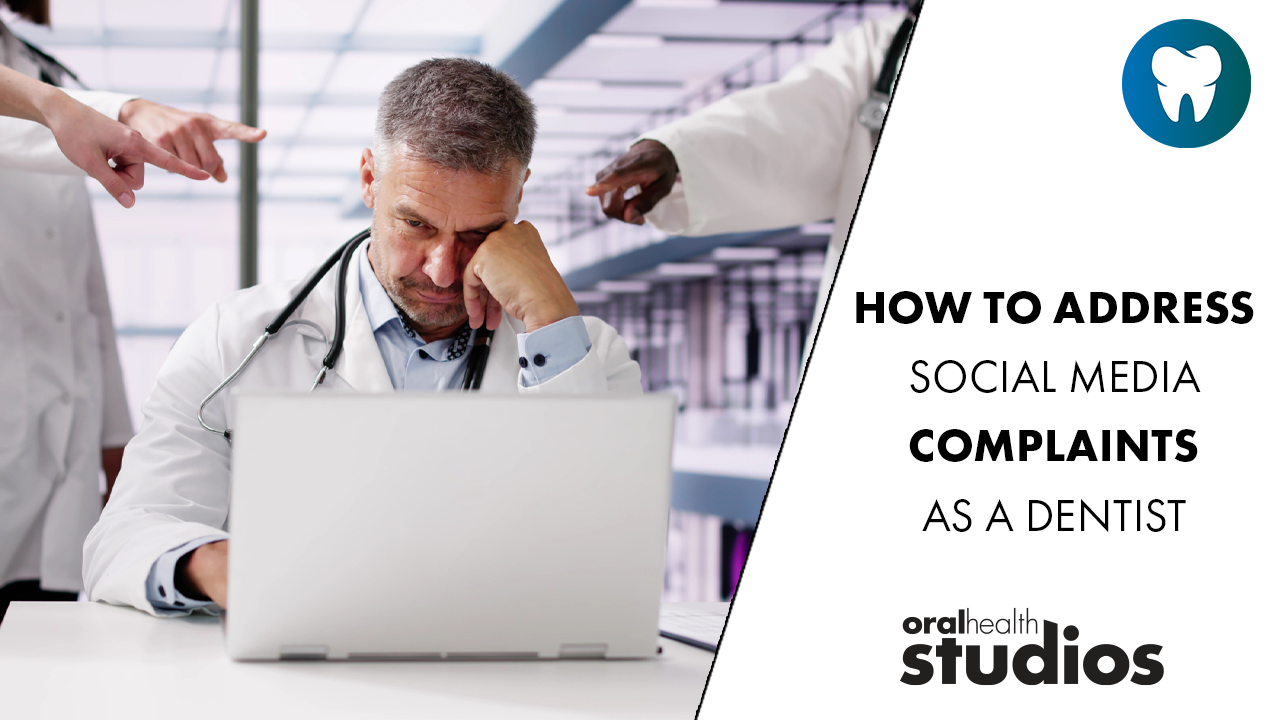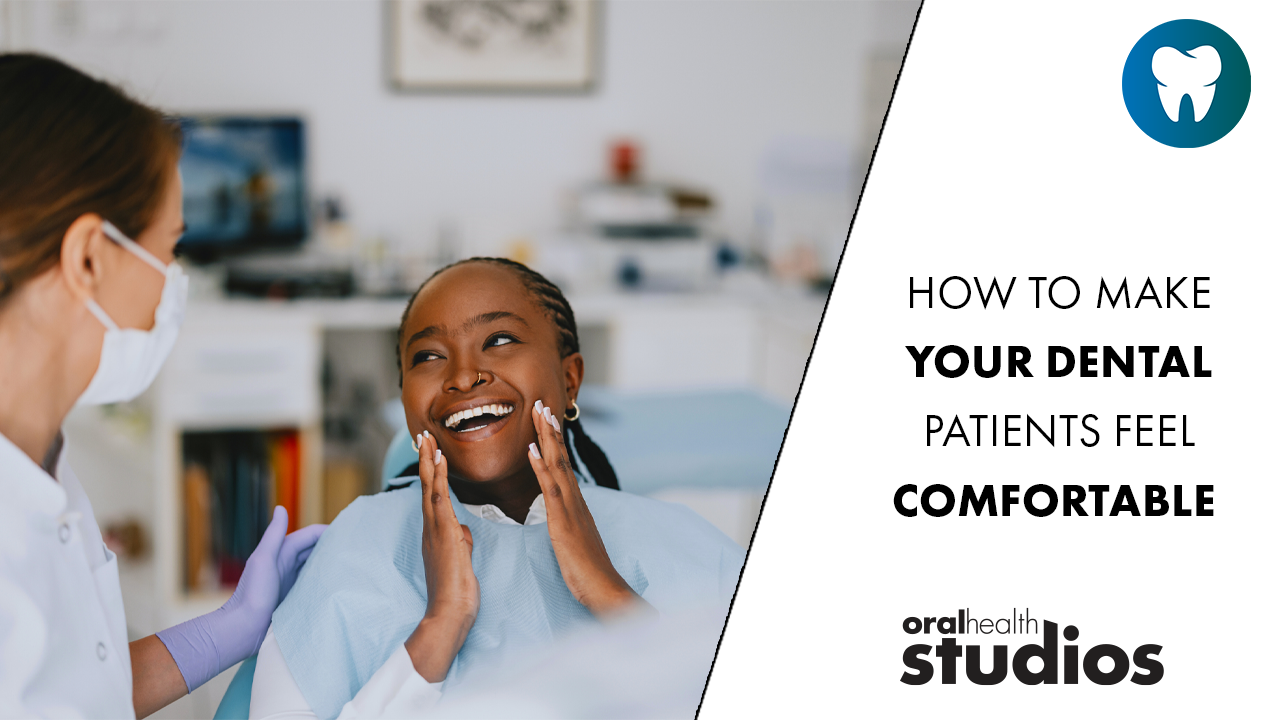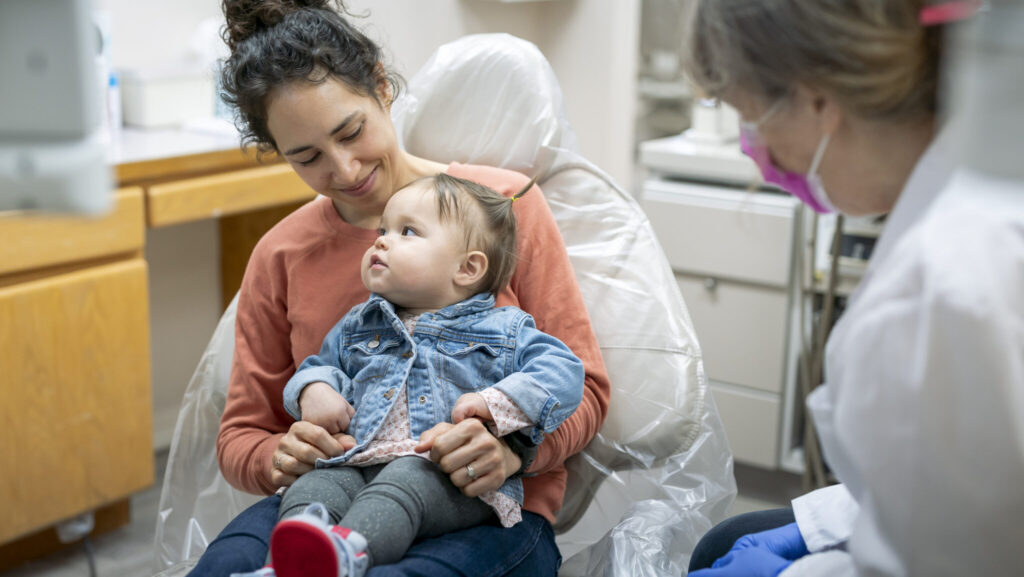
Treating children, not teeth
Infant toothbrushing is not really important until about the ages of two and a half to three. The reason is that there are large interproximal spaces between the erupting teeth and all the surfaces, especially the interproximal surfaces which are self-cleaning. At two-and-a-half to three years, the second primary molars erupt and close the interproximal spaces between the molars, making the molars more cavity prone, and thus requiring toothbrushing at this time. Toothbrushing should be instituted before the spaces close. Thus two-and-a-half years is a good age to start brushing and initiating a preventive program. This is also the age at which a fluoride toothpaste should be introduced. Use just a smudge of toothpaste. This is important since topical fluoride is the best way to prevent interproximal tooth decay. The teeth should be brushed twice daily, and parents need not worry about the child swallowing the toothpaste, as the fluoride is actually beneficial. The swallowed toothpaste fluoride will act systemically and reinforce the developing dentition. In a fluoridated area it will still not cause fluorosis, even if a small amount is swallowed. I never recommended fluoride supplements for this reason even in a nonfluoridated area, as children will get fluoride by swallowing some toothpaste. At the age of four and a half to five, the amount of toothpaste can be increased to pea size without concerns. After brushing the teeth, do not have the child rinse their mouth, as the fluoride must stay on the teeth to be effective. Some children will not tolerate toothpaste and are resistant to having their teeth brushed. Brush without toothpaste until they become more compliant and accept the toothpaste. You can try different flavours. Flossing is not indicated at this time, except to dislodge food stuck between the teeth. If you attempt flossing you will take away valuable time from tooth brushing, as the time span for compliance is about 30 seconds. You can have the child play and brush their own teeth, but you must finish the brushing. Use a small toothbrush with soft bristles and brush all the surfaces.
There is no need to brush the teeth when only the incisors are in at one to two years old. However, there are extenuating circumstances. Children get oral bacteria from care givers, mostly mothers. So, a mother’s oral hygiene is important. If she has poor oral hygiene and numerous caries, she will infect the infant with strep mutants and other pathological germs. Thus, you should advise and monitor the mother’s oral health. Other factors to consider are if the child has hypoplastic teeth or early childhood caries (ECC) from at will night feeding. Then it is important to address these issues with a good brushing program, and even use a fluoride toothpaste, even at this age. It should be an aggressive preventive program. The infant needs to be monitored monthly for effectiveness and compliance. If the infant continues to night feed at will, even brushing will be ineffective. Cessation of night feeding is primary. The infant can only take water at night, although the infant can be fed before falling asleep.
A six-month recall and topical professional fluoride application should be carried out. A caries free child is a happy child and will look forward to seeing you. Do compliment the parent and child for a job well done. A small reward goes a long way with young children.
About the author
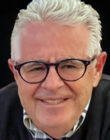
Dr. Jack Maltz is a Pediatric Dentist providing dental care to children in Brampton for over 40 years. Dr. Maltz is the former head of the OSPD and Head of the Brampton Civic Hospital Department of Dentistry.


